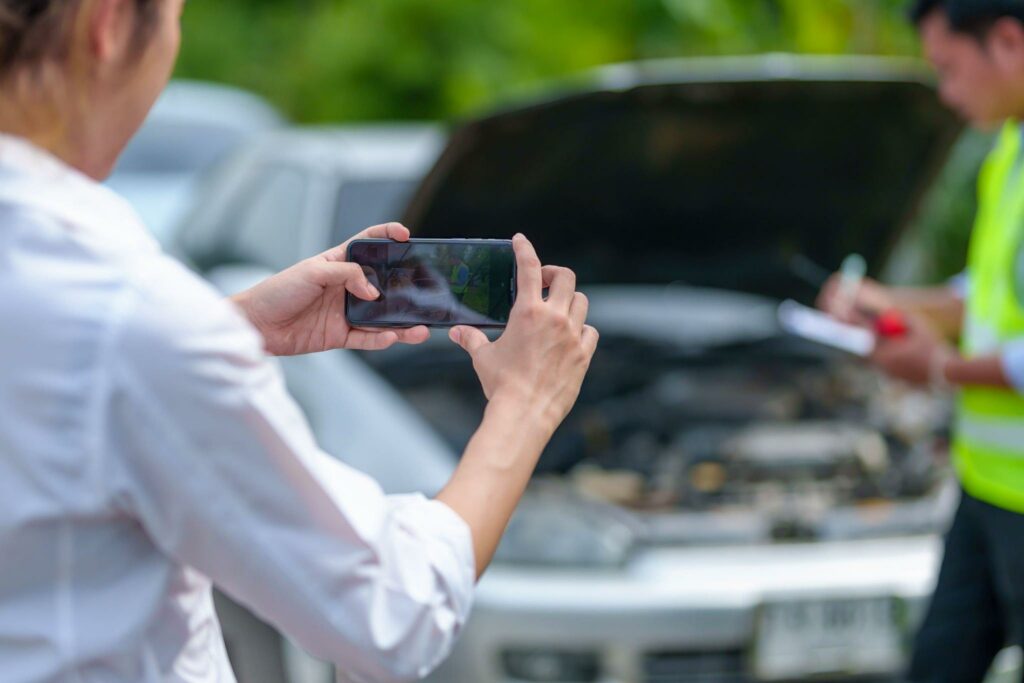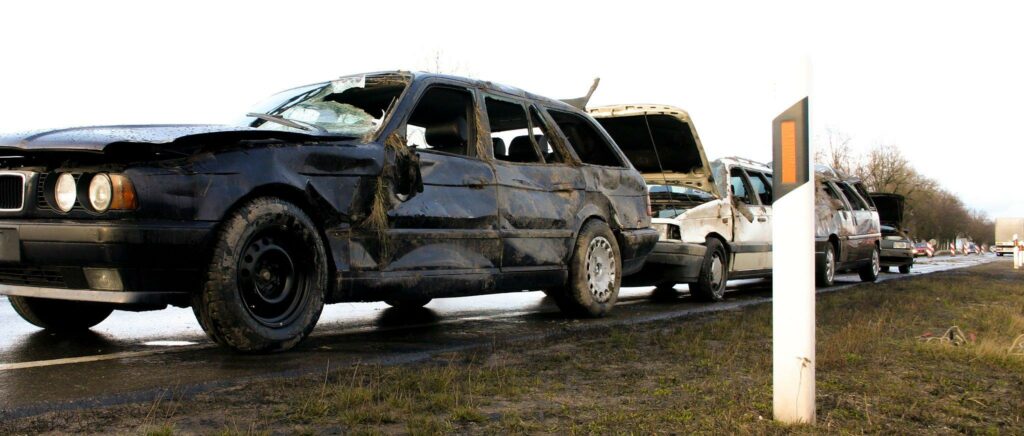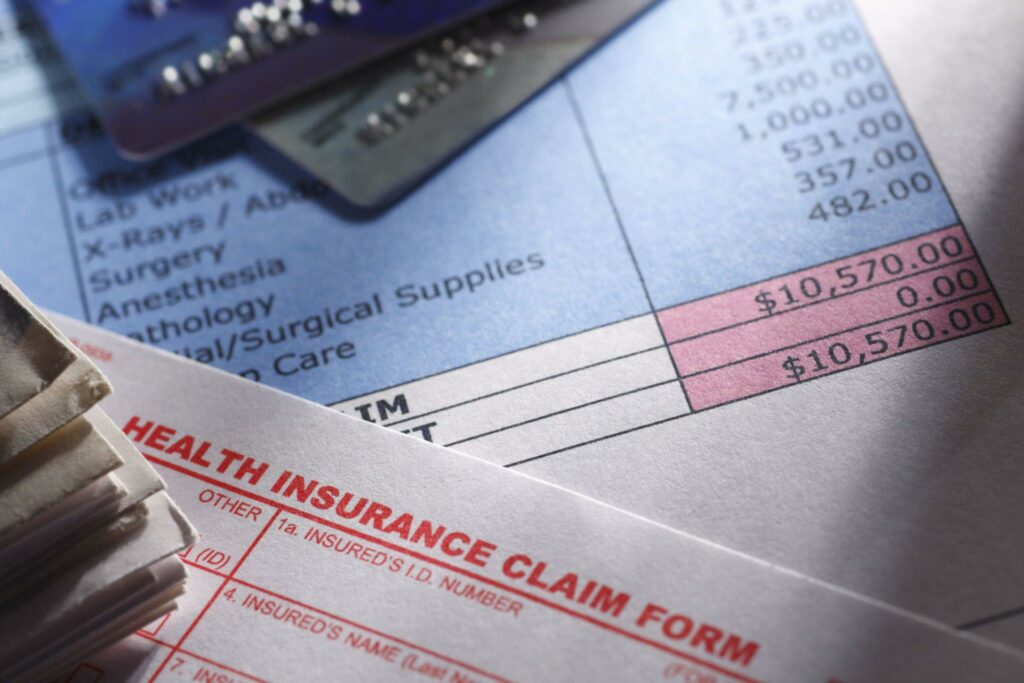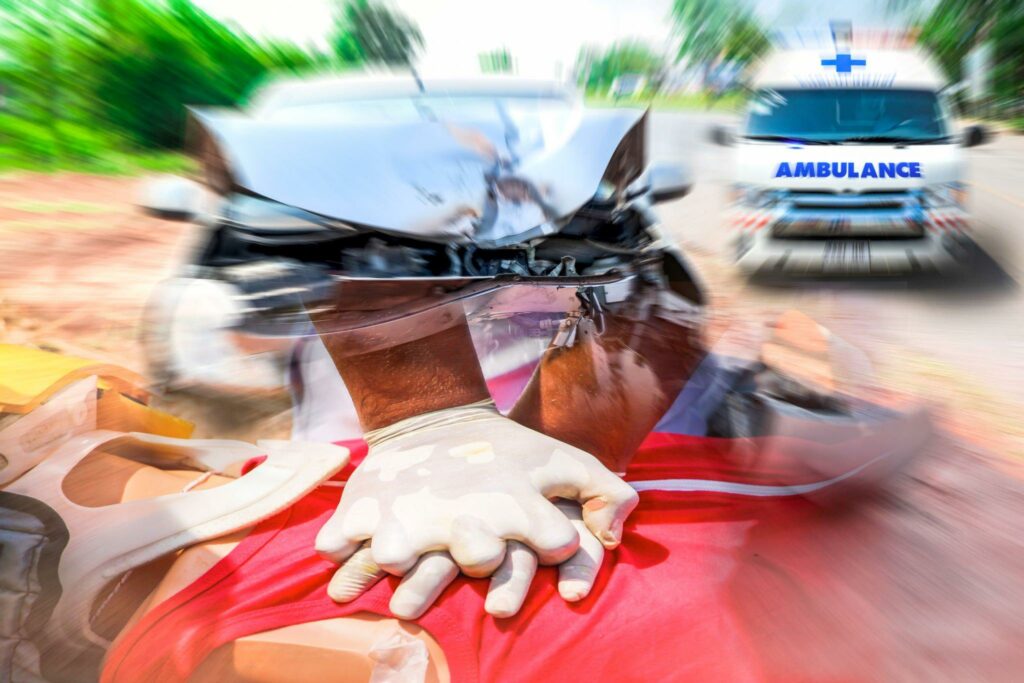What To Do After A Car Accident in Indianapolis, Indiana
- Home
- What To Do After A Car Accident in Indianapolis, Indiana
The state of Indiana sees an average of one car collision every few minutes across the whole state. According to the findings of a recent research carried out by the National Highway Traffic and Safety Administration (NHTSA), about ninety-four percent of all automotive collisions that occur today are the result of either human decision or mistake. This statistic lends credence to the idea that an automobile accident is nearly often the result of the actions or decisions of the at-fault driver. The severity of car accidents can range widely, but it is always possible that a life or a limb will be lost. An automobile collision has the potential to have an effect on every aspect of a person’s life. These occurrences can result in severe bodily injuries as well as limitations that can significantly impact a person’s life. In addition to causing mental anguish and physical pain, a collision can damage a person’s property and result in a major loss of income and earnings that can last weeks, months, years, or even a lifetime.
If you or a loved one has been injured as a result of another driver’s reckless or negligent actions, you may be eligible for financial compensation. And the legislation of the state of Indiana states that you are entitled to “full” compensation for your injuries and damages. A person who has been affected must be restored to their state before the irresponsible conduct that caused their injury. Even though this is an ambitious objective for Indiana’s civil justice system, it is the one that is being worked toward. The wounded person has the right to get compensation in the form of monetary justice as a way to make the plaintiff whole again.
In the aftermath of a vehicle accident, retaining the services of the most qualified car accident attorney Indiana has to offer can make a world of difference. This can help remove the stress that is caused by financial concerns, allowing you to concentrate entirely on your path to recovery.
Following a car accident, what should you do?
A person’s health and legal rights are more vulnerable in the minutes, hours, and days following an automobile collision. Getting medical help for yourself and anybody else who may have been hurt is, of course, priority number one. This improves the prospects for a complete recovery and helps attribute any damage to a specific event.
Yet, it’s equally important to act quickly after an accident to gather evidence against the other driver. For some, this is their one and only opportunity to:
- Document the scene with photos or film.
- Release a statement to the authorities.
- Find out who the witnesses are and how to contact them.
- Record the current weather or lighting conditions.
Last but not least, getting in touch with one’s insurance provider right away is crucial. The released cash might be used to cover the cost of emergency medical treatment or to get transportation in the form of a rental automobile. Nonetheless, use caution when talking to the other driver’s insurance company or giving an official statement about the collision. In the wake of a vehicle collision, the advice of an attorney in Indianapolis might be invaluable
Establishing Legal Responsibility After a Vehicle Accident
Indiana’s traditional vehicle accident and insurance system is based on who was at fault. Hence, if you want to file a claim against the other party’s insurance after an accident, you’ll need to show that they were at fault. Depending on your policy, you may also be able to collect damages from your own vehicle insurance company.
Establishing culpability is essential for identifying the party or parties responsible for your injuries and losses. Usually, this entails showing the specific causes and contributors to the incident. In most cases, the person at blame is the one required to compensate the injured party for their losses (such as medical bills, time off work, and emotional distress).
In some situations, identifying who was at blame in an accident might be a breeze. It’s relatively easy to prove that a drunk motorist was liable for your injuries if you weren’t doing anything wrong when you were hit. Yet the majority of the time, the blame is actually shared. You may still be able to submit a claim against the other driver’s insurance company even if you are determined to be partially at blame for the accident; however, the amount of compensation you get may be reduced.
If you were injured in an accident that wasn’t entirely your fault, you won’t be able to sue for damages under Indiana’s modified comparative negligence rule. This means you can’t be more than half responsible for what happened. However, even if you are allowed to bring a claim for compensation under the modified comparative negligence rule, the amount you can collect is directly related to your degree of culpability. If you were determined to be 30% at fault for the accident, for instance, your financial compensation would be cut by 30%. That is to say, the maximum amount of compensation you may receive would be 70% of what you are requesting.
It is crucial to engage with an attorney who can safeguard your rights and pursue the full compensation you are promised after an accident. This is because insurance adjusters frequently try to reduce settlements by placing more of the blame on the wounded party. Our firm’s skilled Indianapolis automobile accident attorneys can examine your case and help you take on the insurance company if they’re being unfair.
Table of Contents

Compensation for the Damages Sustained in Your Automobile Crash
You should at this point be aware that you are entitled to complete compensation for every one of your losses. On the other hand, you might not be aware of what it means to be adequately rewarded. To put it simply, the individual whose recklessness caused the devastation in your life should compensate you in full and pay for all of the medical bills, lost wages, and other difficulties you’ve had as a result of the vehicle accident.

Economic Damages from Vehicle Accidents
An automobile collision isn’t simply terrifying and unpleasant; it’s also pricey. Completely recovering requires an investment of time, effort, and money, all of which may be in low supply. When you are unable to work and you are in pain, it can be quite difficult to pay for the expenses associated with a full recovery. Because of this, your economic damages claim need to compensate you for all of your monetary losses.
In most cases, the amount of compensation that you are entitled to receive as a result of an auto accident in Indianapolis is determined by taking into account all of the costs that you have incurred as a result of the accident. These costs may include the money that you have spent on medical care, the money that you have spent on replacing or repairing your vehicle, and the income you’ve lost.
These upcoming charges ought to cover any costs that may arise in the future as a direct result of the disaster as well. For instance, once you’ve made some headway in your recuperation, you may realize that you’ll need to have surgery at some point in the future. You ought to factor in that cost into your compensation, despite the fact that it has not yet been incurred. This also covers the prospective earnings that will be lost in the future.

Non-Economic Damages
In addition, you should be paid for your physical pain and suffering, mental anguish, diminished quality of life, and any other non-economic damages that you could be experiencing as a result of this situation. These losses include the mental toll that an automobile accident may take on you, which can be just as debilitating as the financial damages you may have sustained.
For instance, following the accident you were in, it can be difficult for you to go back behind the wheel. You have feelings of anxiety or fear each and every time you get behind the wheel. In more extreme circumstances, you could suffer flashbacks, which would make it unsafe for you to operate a motor vehicle in any capacity. This limits your movement, your sense of safety, and your capacity to take pleasure in life to the same degree that you formerly did.
As a result of the fact that these losses are intangible, however, it may be slightly more challenging to assess them than economic damages. Thankfully, a lawyer who specializes in personal injury cases can assist you in calculating the overall worth of your damage claim by assisting you in quantifying the losses you incurred as a result of the vehicle accident.
Does Indiana have a no-fault law?
No-fault laws do not apply in Indiana. Instead, for auto accidents and insurance claims, the state adheres to the conventional fault-based approach. This implies that if you want to get reimbursement from the other party’s insurance carrier, you will need to demonstrate that they were at least partially to blame for the collision. If you want to bring a case, you must also prove the other party was at fault.

How soon after an accident may I file a claim against a reckless driver?
You should file it as soon as possible. The statute of limitations for vehicle accident cases in Indiana is two years from the date of the incident that resulted in the accident, harm, or death. Your lawsuit will almost probably be dismissed if the statute of limitations expires, meaning that more than two years have passed since the incident or the date your loved one passed away.
When should I consult with a car accident attorney?
A lawyer should be consulted if you were hurt or if a loved one passed away. Even a minor mishap might soon spiral out of control if the insurance provider contests your injuries or fights your claim. An Indiana car accident attorney can defend your interests and fight for the full amount of compensation you are entitled to. In order to free up your time to concentrate on recuperating, attorneys will handle all interactions with the insurance provider. They are willing to represent you in court if required.
Table of Contents
Cities We Serve in New Jersey
Newark, NJ
Jersey City, NJ
Elizabeth, NJ
East Orange, NJ
Linden, NJ
New Brunswick, NJ
Mount Laurel, NJ
Sayreville, NJ
West Orange, NJ
South Plainfield, NJ
Bergenfield, NJ
Cresskill, NJ
Demarest, NJ
Rochelle Park, NJ
Hackensack, NJ
East Orange, NJ
Fort Lee, NJ
Guttenberg, NJ
Harrison, NJ
Irvington, NJ
North Bergen, NJ
Palisades Park, NJ
Paramus, NJ
Paterson, NJ
Teaneck, NJ
Tenafly, NJ
Union City, NJ
West New York, NJ
